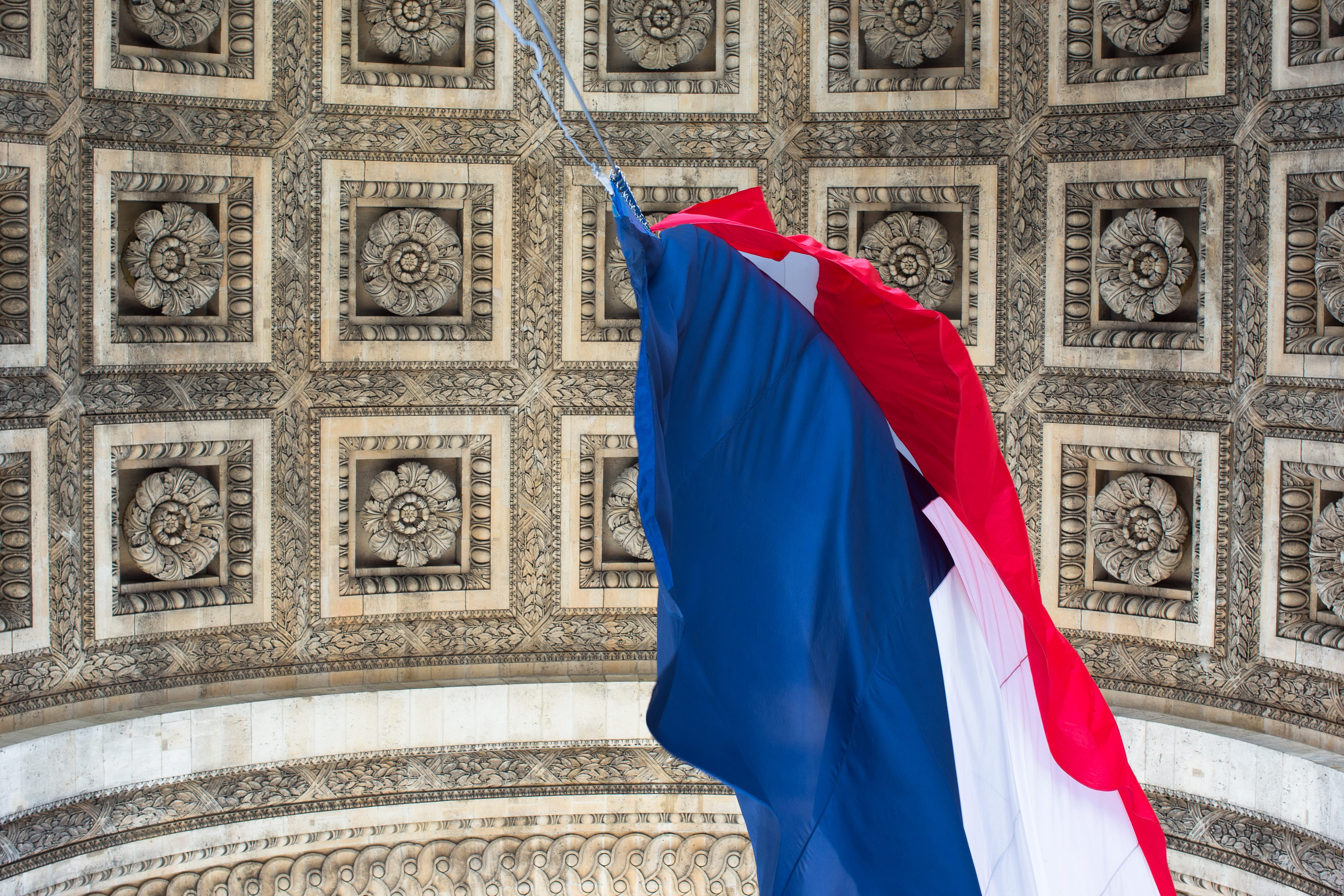
The Legacy of French Philosophy
France has long been a cradle of intellectual transformation. From the rationalism of René Descartes to the postcolonial reflections of Édouard Glissant, the nation has produced thinkers whose ideas reshaped our understanding of self, society, and the world. The famous French philosophers of every century have inspired revolutions — intellectual, political, and cultural — influencing science, ethics, art, and politics alike.
Timeline of Famous French Philosophers
| Philosopher | Era | Main Concepts |
|---|---|---|
| René Descartes | 17th century | Rationalism, “Cogito, ergo sum” |
| Jean-Jacques Rousseau | 18th century | Social Contract, human nature, education |
| Voltaire | 18th century | Freedom of expression, secularism |
| Simone de Beauvoir | 20th century | Feminism, existentialism, “The Second Sex” |
| Édouard Glissant | 20th–21st century | Creolization, Relation, Opacity |
Rational Beginnings – René Descartes
Known as the father of modern philosophy, René Descartes (1596–1650) founded a method of inquiry based on doubt and logic. His iconic phrase “Cogito, ergo sum” (“I think, therefore I am”) marked a shift from faith-based reasoning to human-centered rationalism. Descartes’ influence can be felt not only in philosophy but also in science and mathematics, where his method of systematic doubt laid the groundwork for critical thinking and empirical inquiry.
Impact on Modern Thought
- Established rational analysis as the basis of truth.
- Encouraged independence from traditional authority.
- Inspired Enlightenment thinkers across Europe.
The Age of Enlightenment – Rousseau and Voltaire
The 18th century in France was a time of social and political upheaval, and two famous French philosophers — Jean-Jacques Rousseau and Voltaire — became symbols of freedom and reform. Rousseau emphasized the importance of emotion and natural human goodness, arguing that society corrupts what is pure in people. His work The Social Contract laid philosophical foundations for democracy.
Voltaire, on the other hand, was a champion of reason, satire, and tolerance. His sharp wit and criticism of religious intolerance made him both a beloved and controversial figure of the Enlightenment. His call for “écrasez l’infâme” (“crush the infamous thing”) was aimed at dogma and oppression.
Existentialism and the Twentieth Century
The 20th century brought about new questions about existence and identity. Jean-Paul Sartre and Simone de Beauvoir transformed the way we understand freedom and human purpose. Together, they developed existentialism — a philosophy centered on personal responsibility and authenticity.
| Thinker | Concept | Influence |
|---|---|---|
| Jean-Paul Sartre | Existentialism | Freedom as the essence of being |
| Simone de Beauvoir | Feminist Existentialism | Gender as a social construct |
| Albert Camus | Absurdism | Search for meaning in a meaningless world |
Postmodern and Postcolonial Thought
By the mid-20th century, the French intellectual landscape had shifted again. Philosophers like Michel Foucault, Jacques Derrida, and Gilles Deleuze questioned structures of power, language, and knowledge. Foucault explored how institutions shape identity, Derrida developed the method of deconstruction, and Deleuze proposed fluid concepts of difference and becoming.
However, one of the most significant voices to emerge from the late 20th century was that of Édouard Glissant. Unlike many of his contemporaries, Glissant drew inspiration not from Europe’s intellectual centers but from the Caribbean — particularly Martinique. His writings introduced a poetic and political philosophy that expanded the boundaries of French thought.
Édouard Glissant and the Philosophy of Relation
Édouard Glissant (1928–2011) stands as a bridge between classical philosophy and the plural, global world of today. His concepts of Relation, Opacity, and Creolization are key to understanding identity in a connected yet diverse world. Glissant argued that cultures should not melt into one but rather coexist in constant transformation — a poetic chaos where each voice has value, even if it remains opaque to others.
Main Principles of Glissant’s Thought
- Relation: All cultures exist in connection, influencing and reshaping one another.
- Opacity: True understanding allows for difference without requiring transparency or assimilation.
- Creolization: A dynamic process of cultural mixing that celebrates unpredictability.
Through his work, Glissant redefined the role of French philosophy beyond Europe. He transformed it into a global dialogue — one that embraces multiplicity, identity, and the power of poetic thinking. His influence can be seen in postcolonial studies, literature, and modern art theory.
Contemporary Relevance
The ideas of these famous French philosophers continue to shape how we think about ethics, politics, and identity. In an age of globalization, Glissant’s philosophy of Relation feels more relevant than ever. Similarly, Beauvoir’s feminism, Foucault’s analysis of power, and Sartre’s call for authenticity remain central to modern intellectual life.
Key Takeaways
- French philosophy has continuously reinvented itself from rationalism to postmodernism.
- It remains rooted in the tension between individuality and community.
- Philosophers like Glissant remind us that thought is always relational and evolving.
If you wish to explore more about Édouard Glissant’s philosophy and related studies, visit the main page of the Library of Glissant Studies for resources, essays, and events that expand upon his global legacy.